Friday, 30 October 2020
Friday, 23 October 2020
Thursday, 22 October 2020
Wednesday, 14 October 2020
Saturday, 10 October 2020
Comparative and superlative of adjectives (and adverbs)
COMPARATIVE
EQUAL AS + ADJ / ADV + AS
John is as intelligent as Mary.
John eats as impulsively as Mary.
INFERIOR LESS + ADJ / ADV + THAN
John is less intelligent than Mary.
John eats less impulsively than Mary.
SUPERIOR MORE + ADJ / ADV + THAN (more than 2 syllables)
John is more intelligent than Mary.
John eats more impulsively than Mary.
John is taller than Mary.
John works harder than Mary.
John works harder than Mary.
SUPERLATIVE THE MOST + ADJ / ADV(more than 2 syllables)
John is the most intelligent boy.
John works the most impulsively of all.
John works the most impulsively of all.
THE (ADJ / ADV + EST) (only one syllable)
John is the tallest boy.
John works the hardest of all.
John works the hardest of all.
* TWO SYLLABLES:
a) -- --y ier / iest
pretty: prettier than / the prettiest girl
b) -- --other more than / the most
rapid: more rapid than / the most rapid car
c) -- --ly
ADJ (as 1 syllable) ugly: uglier than / the ugliest cat
ADV (as 3 syllables) quickly: more quickly than / the most quicky
ADV (as 3 syllables) quickly: more quickly than / the most quicky
IRREGULARS:
ADJ / ADV SUPERIOR SUPERLATIVE
ADJ / ADV SUPERIOR SUPERLATIVE
good / well better the best
bad / badly worse the worst
many / much more the most
few /little less the least
Friday, 9 October 2020
Expressions of quantity
Expressions of
quantity tell us how many or how much of something there is.
We use a little and much only
with non-countable nouns like money, snow, pollution etc.
We use a few and many only
with countable nouns like people, cars, books etc.
Let’s take a look at some expressions of quantity that
are used with both countable and non-countable nouns:
Countable
and Non-countable Expressions of Quantity
Any
Countable: There aren’t any cookies
left. (negative) / Are there any cookies left? (question)
Non-countable: There isn’t any water in
the cup. (negative) / Is there any water in the cup? (question)
No
Countable: There are no dogs in the
park.
Non-countable: There is no money in my
wallet.
Some
Countable: Some children study here in
the mornings. (affirmative)
Non-countable: There is some noise
coming from that house. (affirmative)
More
Countable: There are more students in
this school than in that other one.
Non-countable: There is more crime in
poor countries than in rich countries.
A lot
of / lots of
Countable: She has a lot of / lots of
pets.
Non-countable: There’s a lot of / lots
of traffic in my city.
Plenty
of
Countable: There are plenty of cars on
the street.
Non-countable: There is plenty of food
in the fridge.
Most
Countable: She keeps most of her books
in her backpack.
Non-countable: We spent the most time on
the renovations.
All
Countable: Who ate all the oranges?
Non-countable: Jessica is the one with
all the experience.
Enough
Countable: There aren’t enough cookies
for everyone, we need to buy some more.
Click on the exercises below to practice quantity
expressions:
Thursday, 8 October 2020
Wednesday, 7 October 2020
Subscribe to:
Comments (Atom)



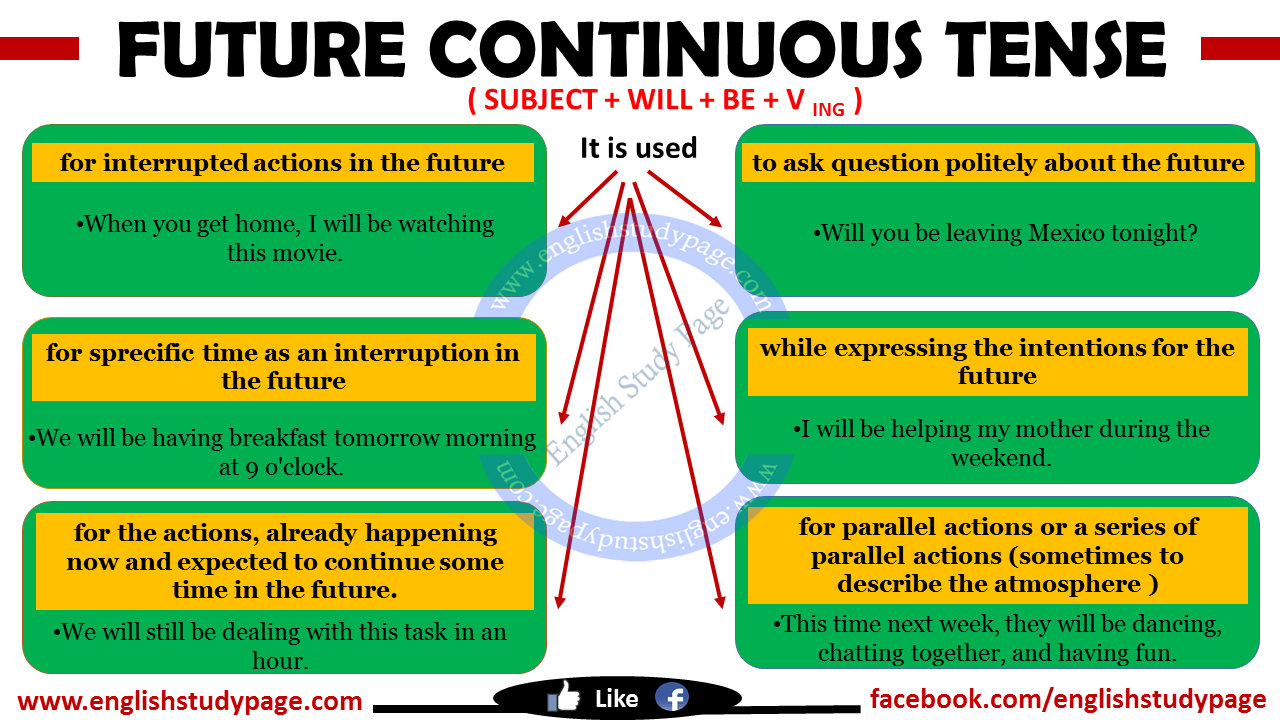


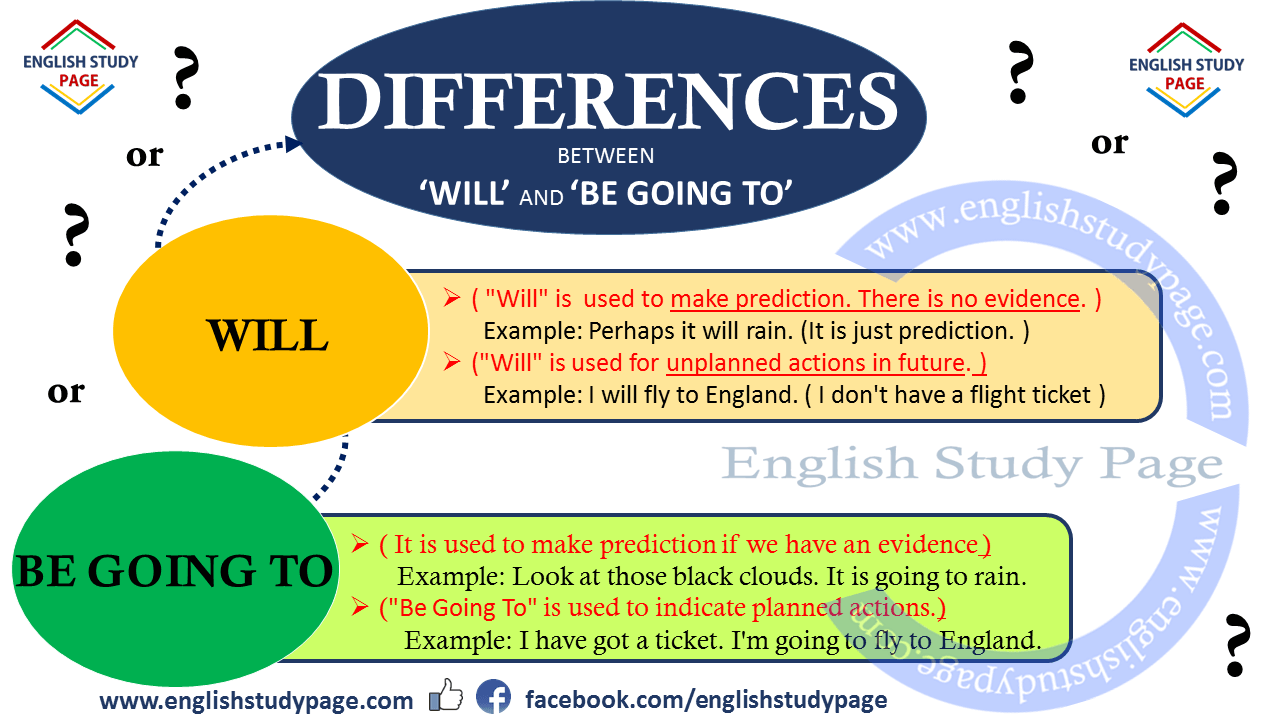



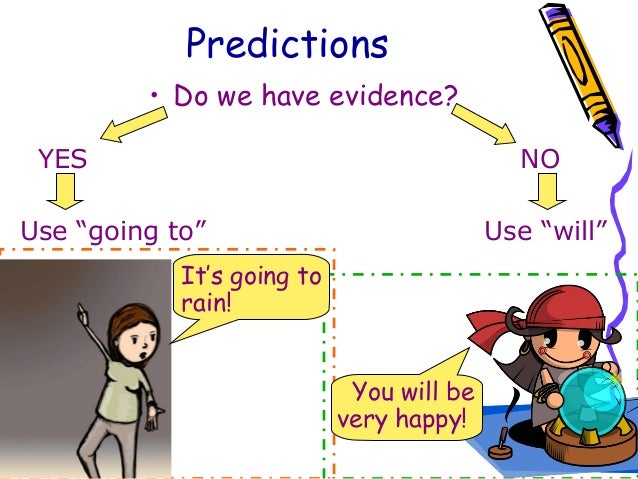

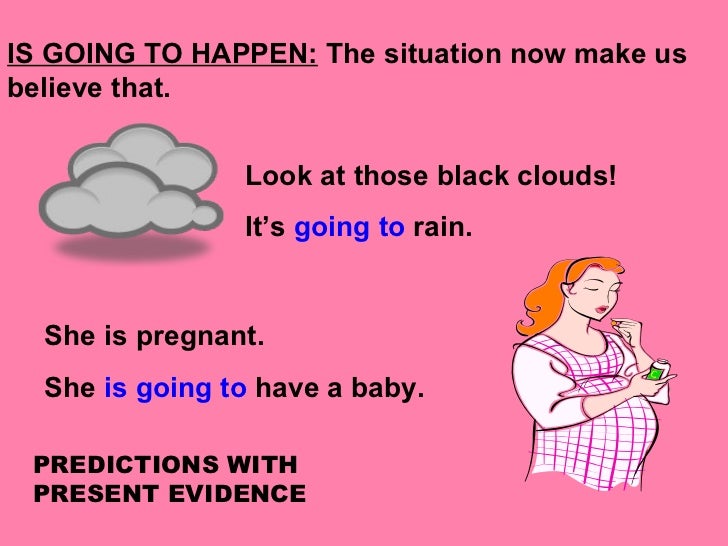



















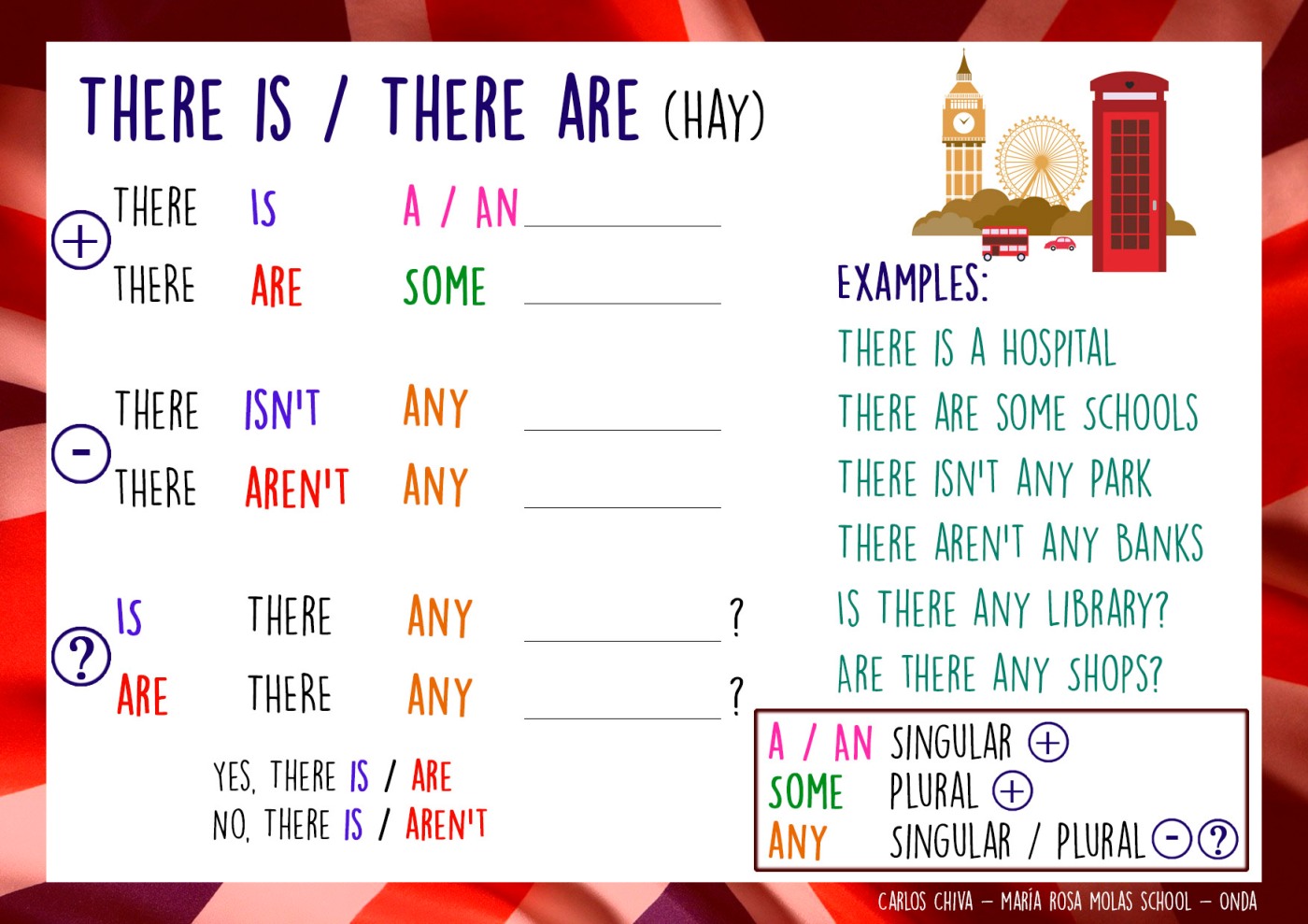









.jpg)







